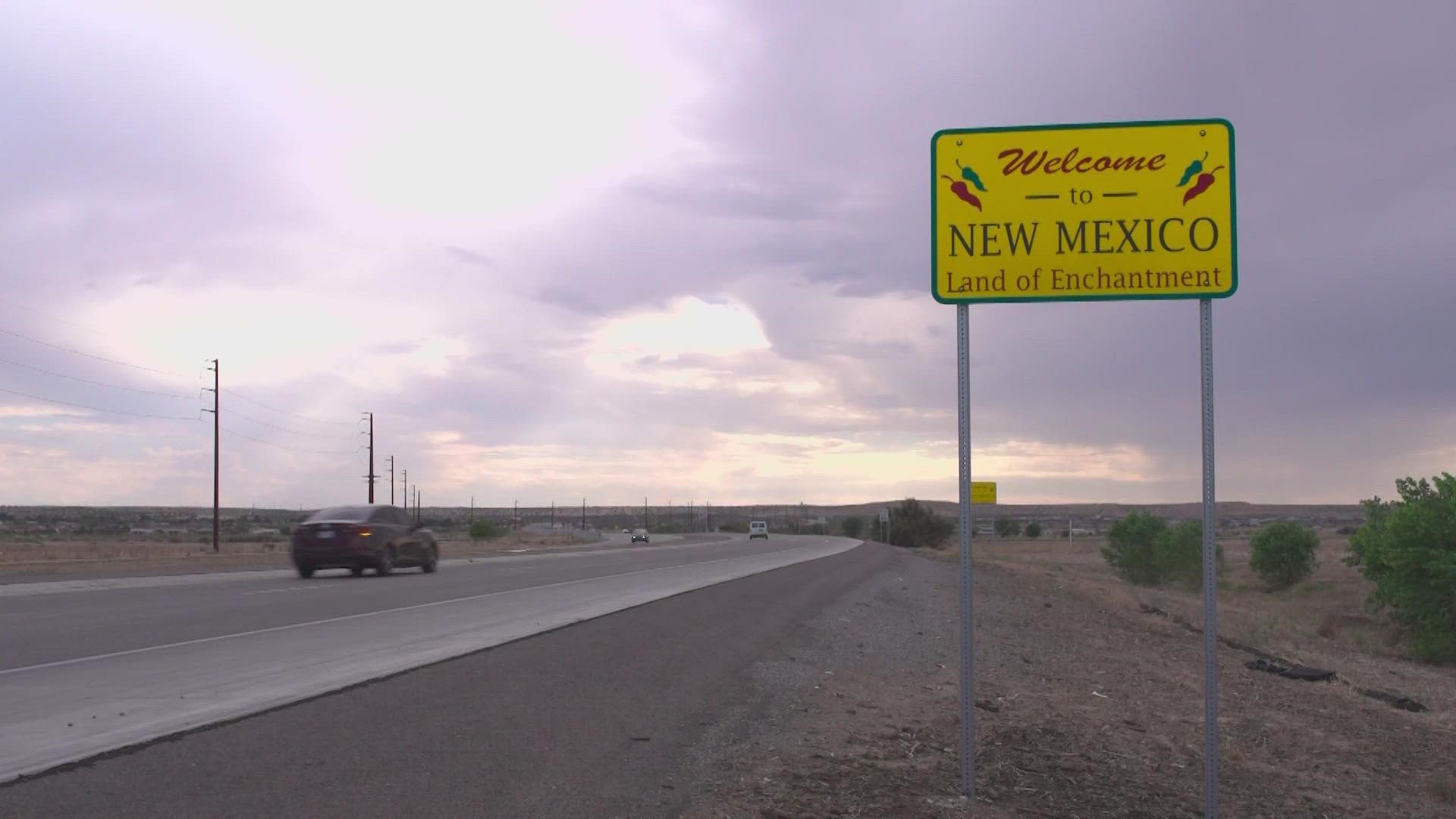DALLAS, Texas — Thursday marked the first anniversary since Texas' controversial law, SB 8, was put into effect by Gov. Greg Abbott.
The bill, which would later trigger an abortion ban in Texas following the U.S. Supreme Court's overturning of Roe v. Wade, at the time was one of the more extreme pieces of anti-abortion legislation in the country.
Dubbed the "heartbeat bill," the law banned abortions after six weeks or after a heartbeat is detected in a fetus.
It gave the green light for private individuals to sue anyone who performs or assists a post-heartbeat abortion for a minimum of $10,000 in statutory damages per abortion, plus court costs and attorney fees.
That part of the bill kept doctors statewide in constant paranoia. Many wouldn't even discuss abortions for fear of being sued.
For one Dallas mother, who WFAA is only identifying as "J," she witnessed that firsthand.
In September of 2021, she became pregnant. She was already a mother of two and wanted another child.
Around the 16-week mark, she and her partner already knew the sex of the child and had settled on a name -- Ava.
"All of our girls have 'A' names," J said. "Ava means bird or lively. We went through many names on Google and settled on Ava. We wanted her to have a name with purpose. Her middle name was 'Marli,' which meant 'star of the sky.' So we wanted her to fly through life and be successful. That's why we loved those two names."
Sadly, around the 16-week mark, J also learned a heartbreaking fact: Ava had anencephaly. She got the news after genetic testing -- something many expecting mothers do to check their baby's health.
It's a rare and fatal defect in the formation of a baby's neural tube during development. As the neural tube forms and closes, it helps form the baby's brain and skull.
With anencephaly, the baby develops without parts of the brain and skull.
For J, it was a challenging moment. According to the National Library of Medicine, anencephaly has a first-year mortality rate of 100% in infants.
Many die before birth or shortly after.
Plus, the discovery was made after the six-week abortion ban under SB 8. J said her doctors didn't discuss termination or abortion as a possibility due to legal ramifications.
Termination is often a difficult, yet logical, choice. J could have carried the child to full-term, but maternal sepsis is a risk if there's a miscarriage which can be life-threatening.
"He was like 'I'm sorry' and then left the room," J said. "My doctor was scared to say anything, and we just had to research on our own and figure out what to do next."
"All they offered was to check on me weekly, to make sure I didn't have sepsis. My due date was in June, so I would have had to carry for the rest of the pregnancy knowing there are no options and nothing I can do."
J made the tough decision to schedule an abortion, but she would have to travel to Albuquerque, New Mexico, to do it.
She did receive help from agencies to pay for the procedure, however. Still, it didn't ease the burden.
She drove to New Mexico in January with her partner and two children. It's roughly a 10- to 13-hour drive. Once J got there, she underwent counseling and took medicine to dilate her.
On the second day, she had Ava. Immediately after that, she had to contact a funeral home for cremation. J received her remains about a week and a half later.
For J, she wanted to have Ava -- her conception was intentional.
But after going through a traumatic experience like this, she takes issue with state leaders who left her with no options but to carry a baby to term that's likely to die.
She takes issue with the fact that she had to leave the comfort of her own family and doctors and travel to an unfamiliar place to do something she never wants any mother to go through.
"If my doctor was able to do this, I could have done it in a hospital with my family, and we could have had this baby together and said goodbye, but I had to do it alone by myself due to COVID restrictions in a clinic," J said.
"It wasn't fair. My doctor was afraid to help me, and the only way they would have done something in Texas is if I was on the floor and about to die." she said.
Many women in Texas who find themselves staring at the same health hurdles as J did will face similar struggles now that Roe v. Wade has been overturned.
J's intention in speaking with WFAA is to underscore that sometimes abortion has to be considered and that Texas' ban leaves no room for navigating situations like hers.
Some good news, J is pregnant again with a little girl. She and her partner have named her "Ayah."
J said it means "miracle."
"People tell me that it's Ava's soul coming back to us, which is hard to accept and think about. I always say that I have four children, and Ava is very much part of our family. Ayah's name means so much because I think it's a miracle to have a baby after a loss like ours successfully," J said.

